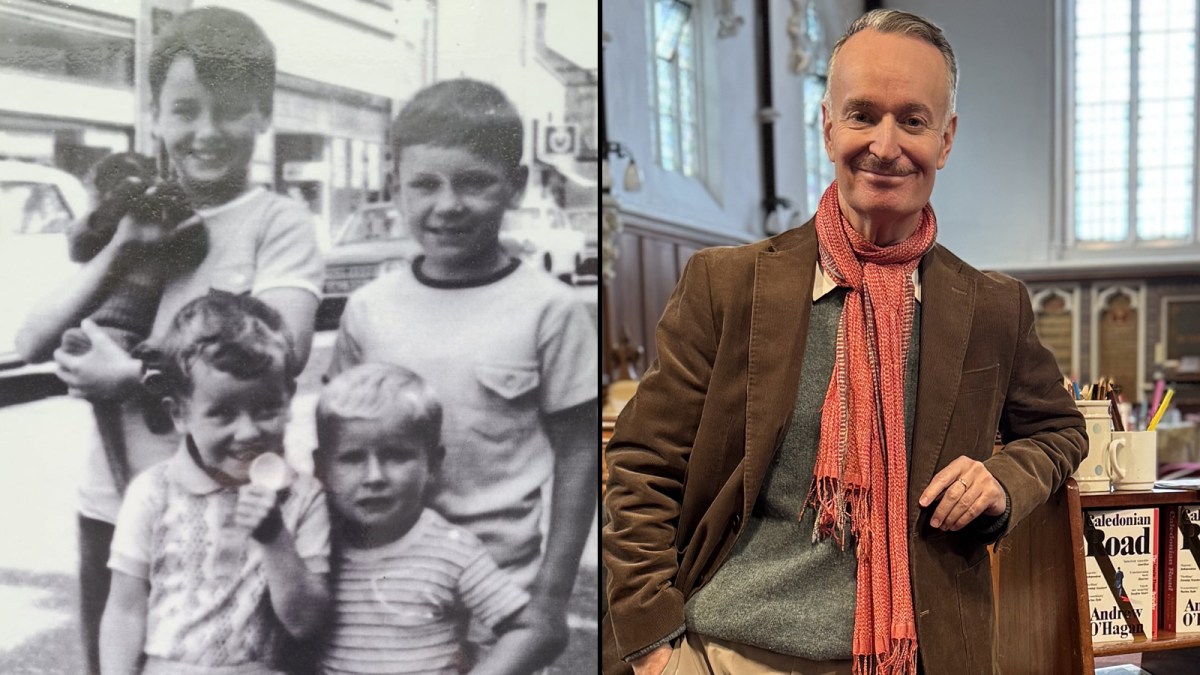Andrew O’Hagan, a renowned author, recently opened up about the profound impact books have had on his life, revealing how they became a crucial lifeline during his upbringing in Glasgow, Scotland. His reflections highlight the challenges of growing up in a household with limited access to literature and the transformative power of reading.
O’Hagan recounted a conversation with his father regarding a childhood statement he made on the radio. He had mentioned that there were no books in their home while growing up. His father quickly corrected him, pointing out the presence of a “big yellow book” in their kitchen. O’Hagan clarified that it was merely the telephone directory, which he did not consider a true book.
The author described his childhood environment, characterized by financial strain and limited opportunities. His mother worked as a school cleaner and raised four boys, while his father worked as a joiner and frequently faced long hours away from home. The domestic atmosphere was often stressful, influenced by a lack of resources and an underlying fear of both knowledge and change.
Books, although present in the world around him, seemed inaccessible. O’Hagan’s narrative emphasizes how literature can serve as a pathway to broader horizons, despite the barriers that may exist in one’s immediate surroundings.
Literacy as a Lifeline
In his reflections, O’Hagan underscores the importance of literacy and how it ultimately saved him. He suggests that exposure to literature can open doors to new ideas and opportunities, acting as a bridge from the constraints of a challenging upbringing to a future filled with possibilities.
His journey illustrates a common narrative for many who grow up in similar circumstances, where books can provide not only knowledge but also comfort and inspiration. O’Hagan’s story serves as a reminder of the vital role of education and access to literature in shaping lives.
As he continues to write and contribute to the literary world, O’Hagan’s experiences resonate with those who recognize the transformative potential of reading. His insights encourage a broader conversation about the accessibility of books and education, particularly for children in underprivileged backgrounds.
O’Hagan’s reflections prompt readers to consider their own relationships with literature and the profound impact it can have on personal development. Through his lens, we see how the journey toward literacy can be a powerful tool for change, providing individuals with the means to transcend their circumstances and explore new avenues of thought and creativity.
In a world where access to knowledge can significantly influence one’s trajectory, O’Hagan’s story stands out as a testament to the enduring power of books and the importance of fostering a love for reading from an early age.







